In a photo, MHP leader Bahçeli appears to remind AKP of graft probe latter faced in 2013
In a photo released to the press, MHP leader and government ally Bahçeli appeared to remind the ruling AKP of the Dec. 17-25, 2013 corruption investigations the latter faced. The photo shows Bahçeli keeping a clock in his office set to 17:25, the same time his clock was showing back in 2015, signaling his "promise" to hold the AKP accountable for the probe at the time.
Duvar English
In a new potential crack between Turkey’s ruling People’s Alliance, gov’t-ally Nationalist Movement Party (MHP) leader Devlet Bahçeli reminded the ruling Justice and Development Party (AKP) of a graft probe the latter faced 11 years ago.
On Aug. 19, Fenerbahçe Sports Club President Ali Koç paid a visit to Bahçeli in his office in the MHP headquarters.
The party then released some photos about the visit on their social media account.
Genel Başkanımız Sayın Devlet Bahçeli, Fenerbahçe Başkanı Sayın Ali Koç ve Yönetim Kurulunu kabul etti. pic.twitter.com/RWlCr2xZ3O
— MHP (@MHP_Bilgi) August 19, 2024
In the photos, Bahçeli seemed to keep a clock in his office set to 17:25.
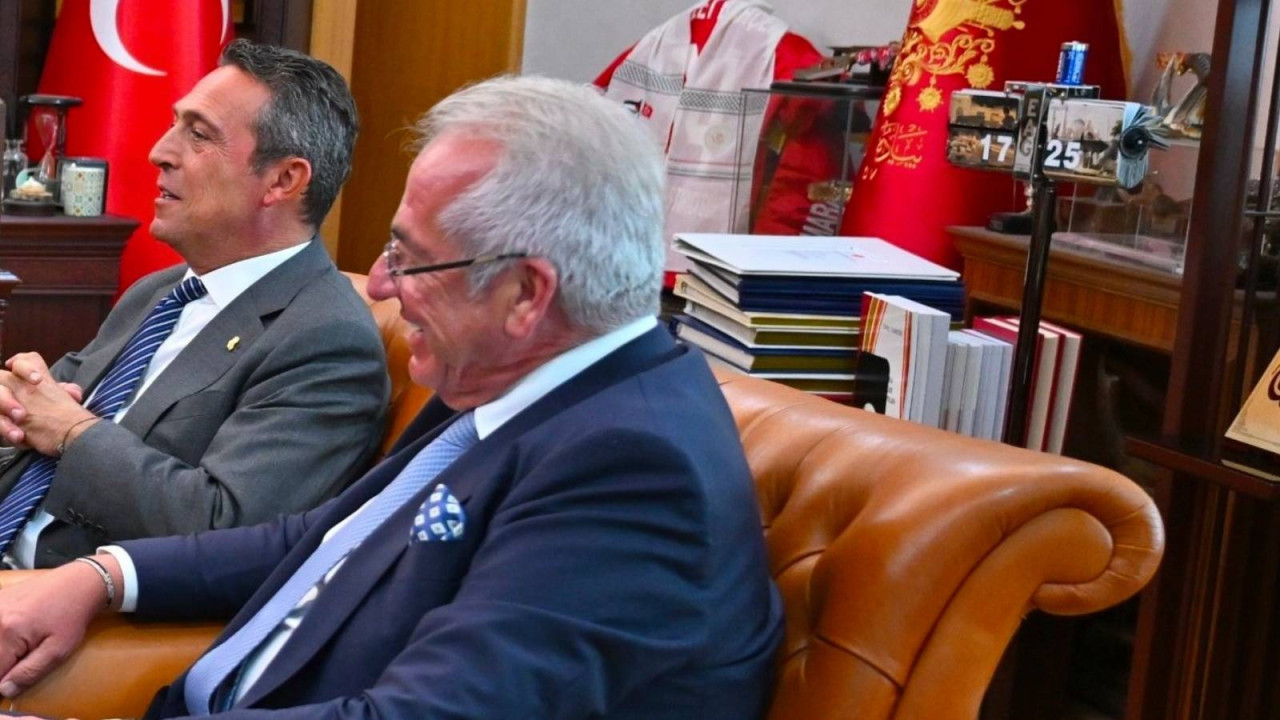
The same clock was in his office back in 2015, again set to 17:25, during a visit of now-exiled journalist Can Dündar.
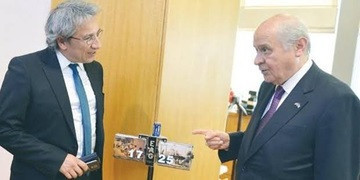
Accordingly, Bahçeli told Dündar, “I did it myself. When it showed 17.25, I took out the battery. You can see from this that we will never back down from our promise to hold (this probe) to account.”
Bahçeli was a fierce opponent of Recep Tayyip Erdoğan and the AKP at the time.
Some deemed the re-appearance of the clock as a subtle threat by the MHP to the AKP for the continuation of the alliance.
The Dec. 17-25, 2013 corruption investigations targeted figures close to the ruling Justice and Development Party (AKP) and then-Prime Minister Erdoğan.
Former ministers Erdoğan Bayraktar, Egemen Bağış, Muammer Güler, and Zafer Çağlayan resigned from the Cabinet after the graft operation highlighted their relations with Reza Zarrab - a shady Turkish-Iranian businessman who allegedly paid the ministers a number of bribes over several years.
The probe broke the AKP's once-friendly ties to the Gülen movement, which is now officially called the Fethullahist Terrorist Organization (FETÖ), as prosecutors purportedly close to the movement launched the wide-ranging probes.
The Gülen movement is widely believed to have been behind the attempted takeover of July 15, 2016, after years-long infiltration into state institutions.

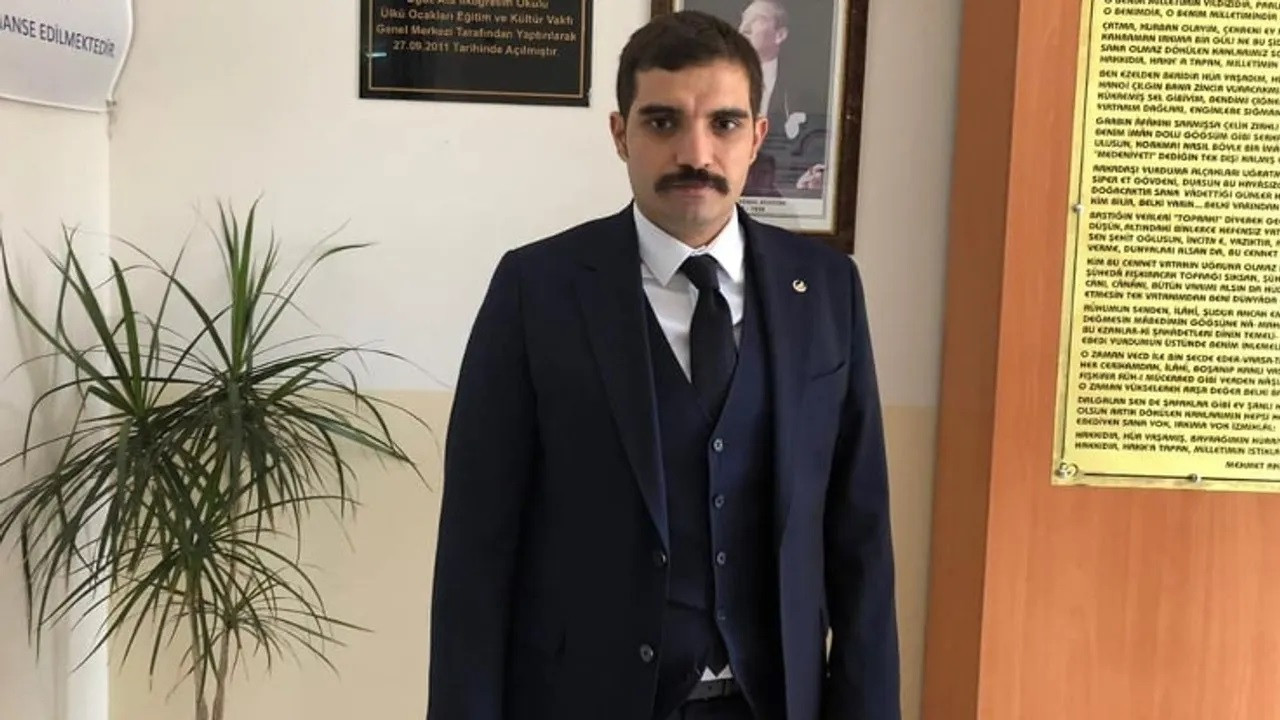 Sinan Ateş’s wife accuses four MHP politicians of murderPolitics
Sinan Ateş’s wife accuses four MHP politicians of murderPolitics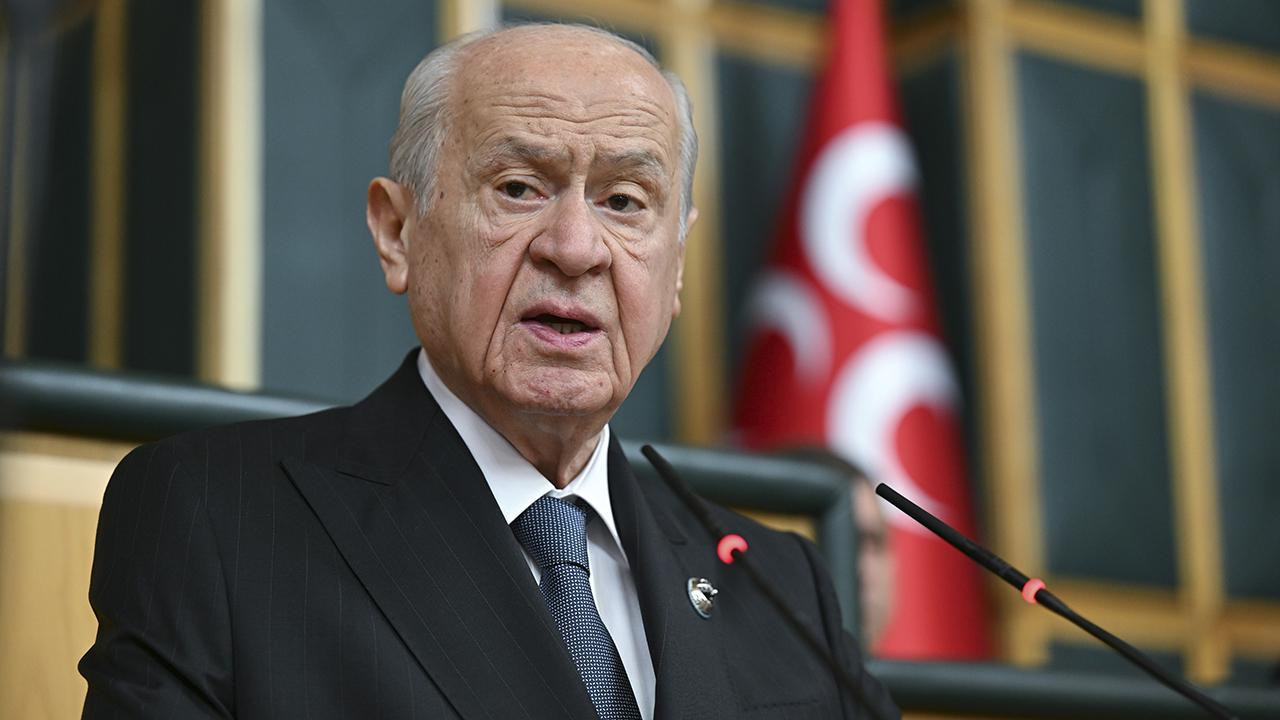 MHP leader Bahçeli says AKP, CHP should form alliancePolitics
MHP leader Bahçeli says AKP, CHP should form alliancePolitics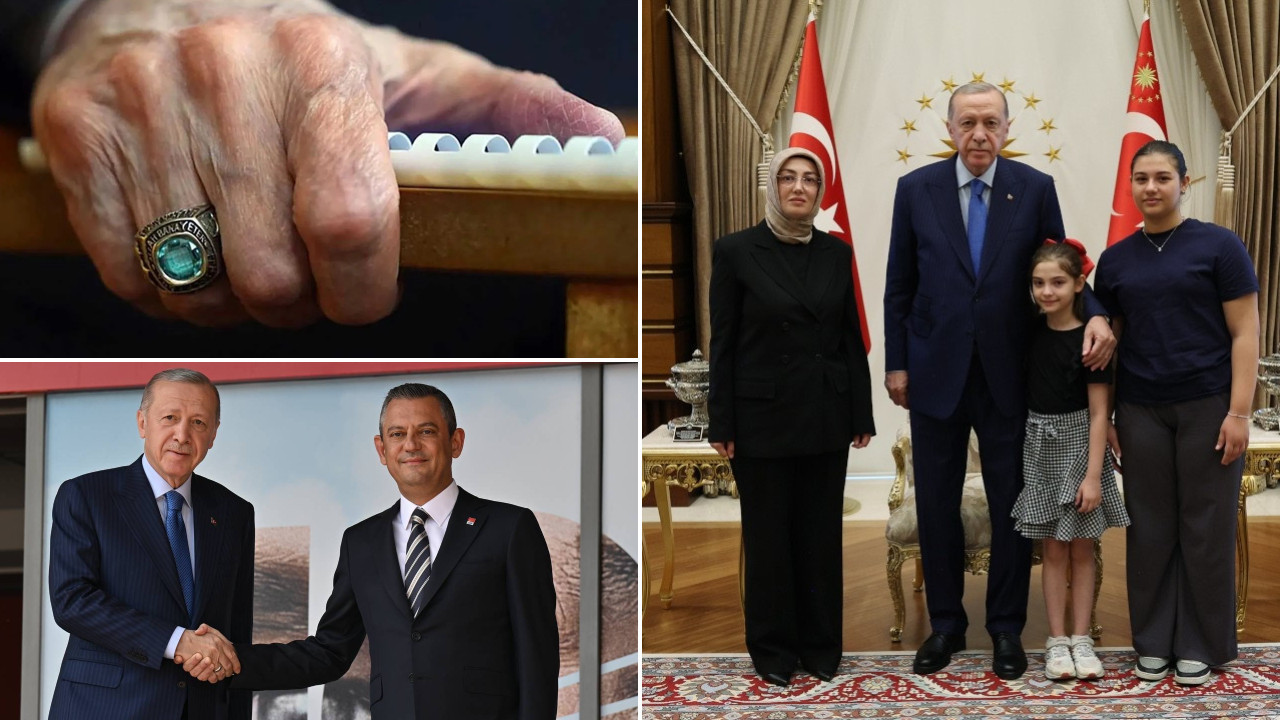 Erdoğan’s meetings with Özel and Ateş, Bahçeli’s ringWorld
Erdoğan’s meetings with Özel and Ateş, Bahçeli’s ringWorld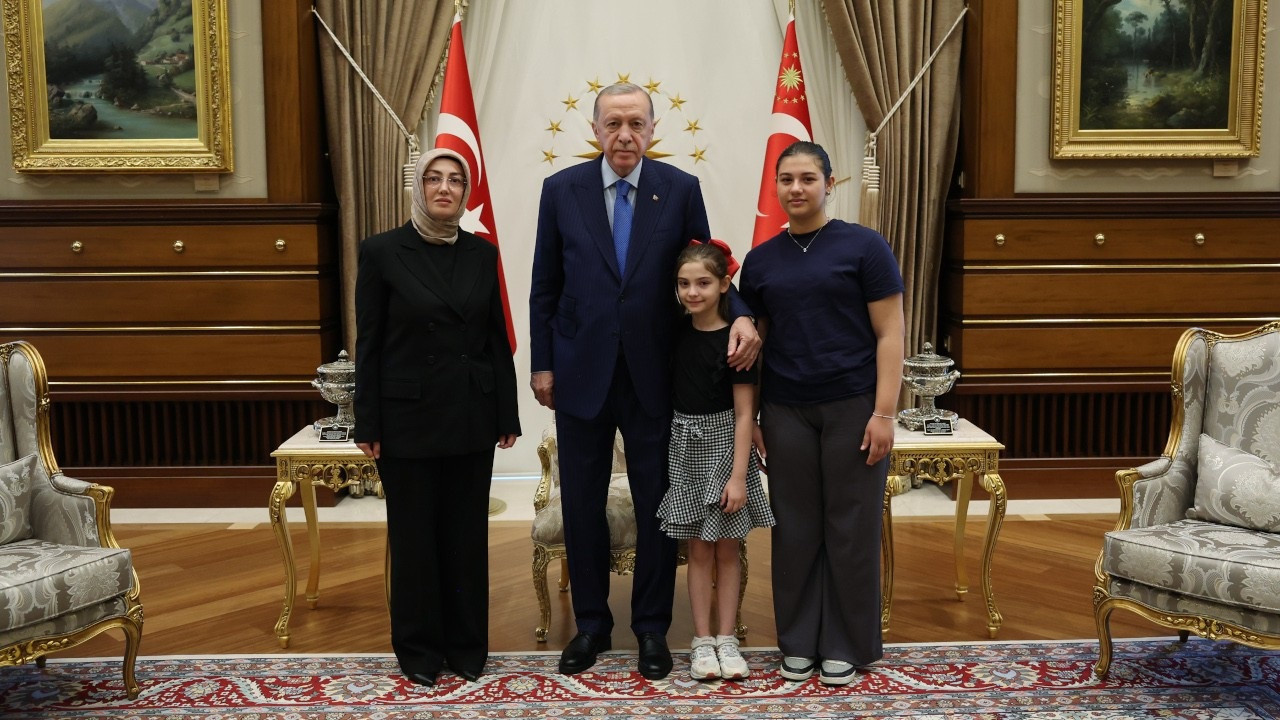 President Erdoğan meets wife of assassinated former Grey Wolves head in a possible move to stir relations with MHPPolitics
President Erdoğan meets wife of assassinated former Grey Wolves head in a possible move to stir relations with MHPPolitics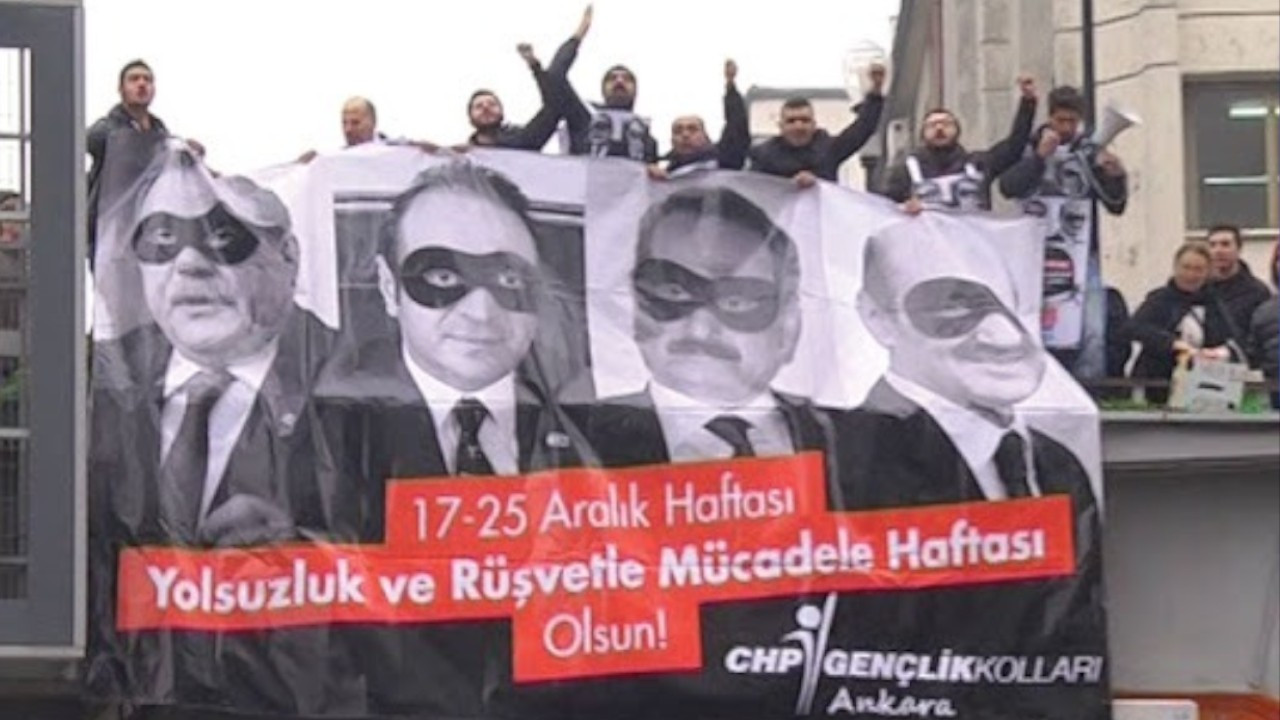 Main opposition says former minister's remarks 'confess' bribery, corruption within AKPPolitics
Main opposition says former minister's remarks 'confess' bribery, corruption within AKPPolitics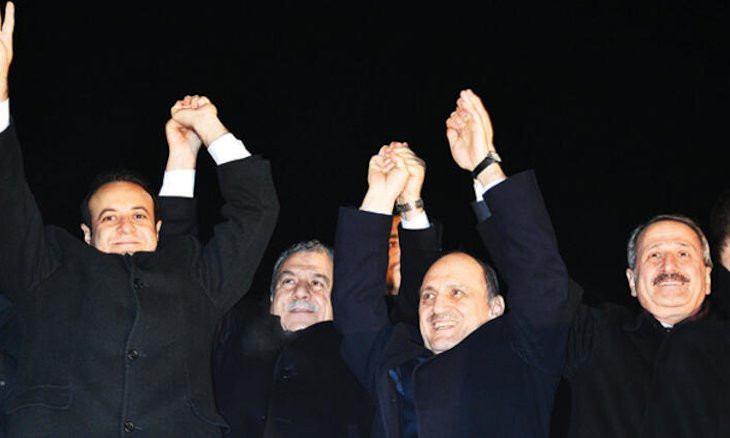 Former ministers accused of graft should be tried, Davutoğlu saysPolitics
Former ministers accused of graft should be tried, Davutoğlu saysPolitics